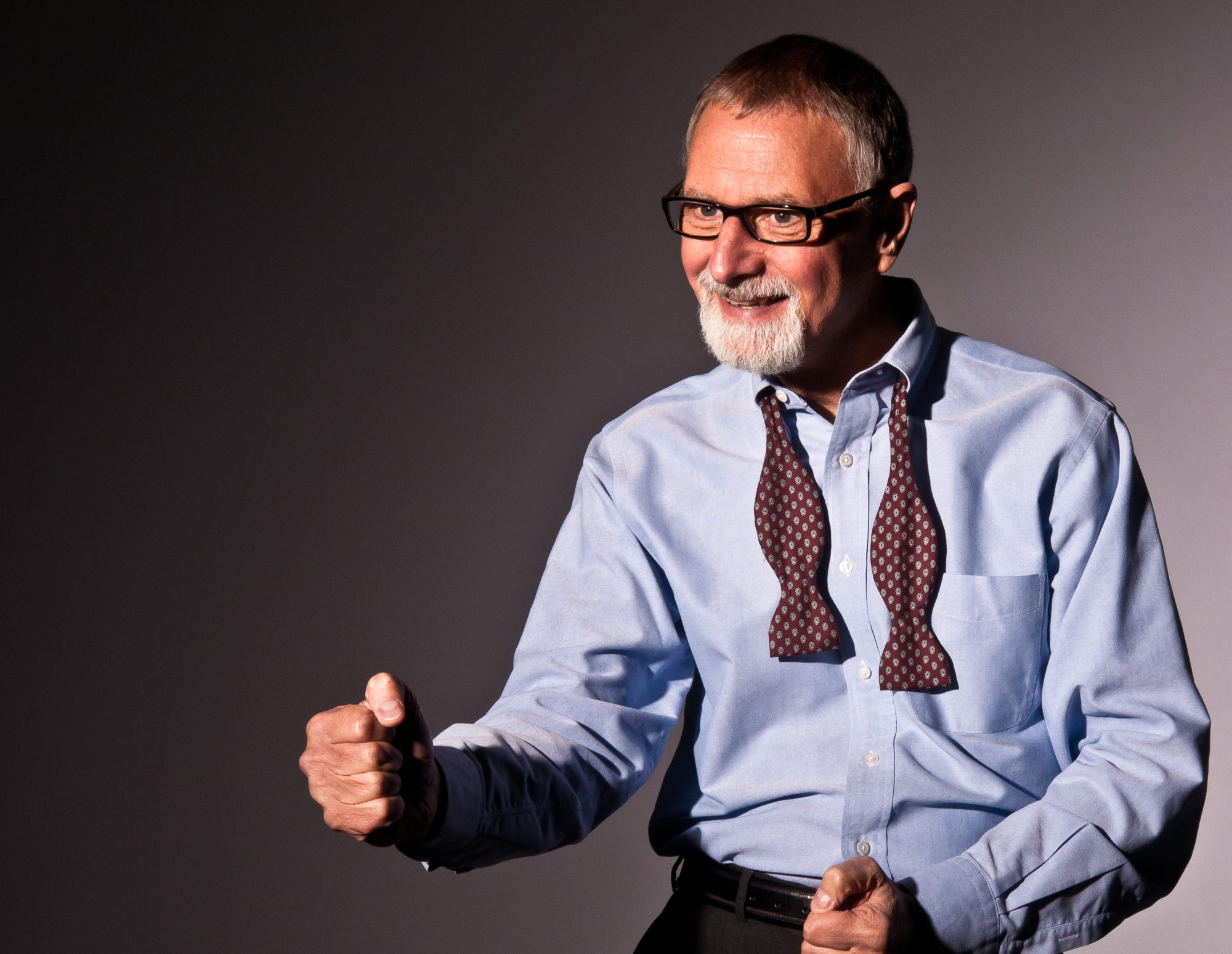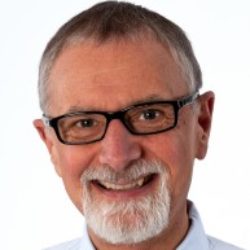A good friend landed in a public speaking nightmare.
He had agreed to address a convention of toastmasters who lead local public speaking clubs.
When he arrived a few minutes early for the event, he met with his friend who had arranged the speech.
That’s when disaster struck.
He discovered that the audience was not toastmasters, but postmasters who run local post offices.
He frantically tried to organize a speech in his head while his friend introduced him.
Then he took the stage, mic in hand, postmasters staring at him.
What could he possibly do?
He admitted he was unprepared. Totally unprepared.
They were stunned.
When he explained that he had prepared a speech for toastmasters, the audience started laughing.
Please subscribe to my email list for free excerpts from my current and forthcoming books. Thanks.
Then he confessed that he didn’t even know what postmasters actually do.
Finally, he began speaking from his heart about what he knew well.
He told personal stories about his and his close friends’ loneliness. About their fears. About the lack of meaning in much of their work.
Then he apologized for being unprepared and thanked the postmasters for the opportunity to share his thoughts.
He received a long standing ovation.
The wounded storyteller had connected with the wounded postmasters.
When we put on masks we deprive others and ourselves of community. We feel alone and afraid.
But opening up is not easy, especially in public speaking. We fear what others will think about us. It’s safer to posture and pretend.
Of course we can be too candid. Like some airline passengers, we can spend far too much time talking about ourselves, narrating our personal soap operas.
Learning appropriate self-disclosure is essential.
But we need to reveal more about ourselves, especially in our fear-filled society. Sure, it’s risky. Will others reject us?
The alternative is continuing to be lonely people and fearful speakers.
What can we do?
First, we have to admit that our masks make us frauds. It’s like an act of confession.
My friend had dealt with his fraudulence long ago. He was one of the most gracious and open people I had ever known (he later died in a vehicle crash). There was no BS left in is blood.
He became a minister of a tiny rural church in northern California. He was there to serve people. He had no desire to make it big in some megachurch even though he was a gifted speaker.
Second, we can begin to construct a genuine self that’s worthy of what others might think about us in our best moments.
Let’s call it authenticity—speaking as our real selves, from our hearts, for the love of others.
We might end up being unprepared for a speech. So what? Isn’t this what most of our days are already like? We repeatedly communicate on the fly, unprepared.
Once I was in the audience when my friend was speaking to another group.
After his presentation he came up to me unexpectedly with a signed copy of his latest book. I was deeply honored.
I glanced at the signature page while he was smiling at me, and noticed that he had misspelled my name. What should I do?
I couldn’t ask him for a new copy, properly endorsed.
I could affirm our shared humanity.
“Bill,” I said, “thanks so much. The fact that you misspelled my name is about the highest honor I could receive from you. I love you.”
We laughed. And hugged. And laughed some more.
Why are you afraid of being open with others? What are you covering up?
Be authentic and you will connect with other authentic people. It’s like an unexpected taste of heaven on earth—even in front of postmasters.
For more on communicating authentically, see my book Communicate Like a True Leader: 30 Days of Life-Changing Wisdom, available from Amazon.

